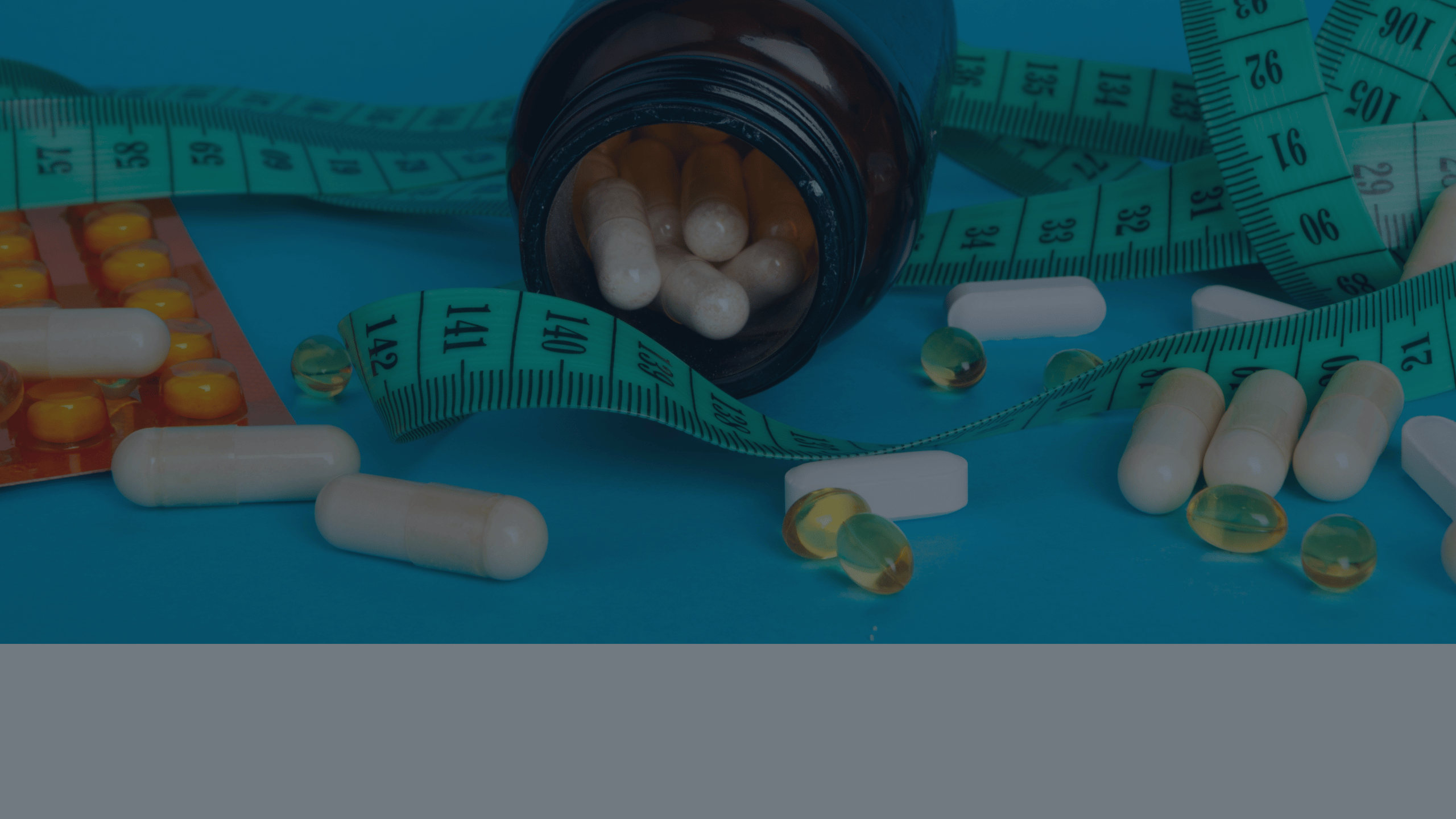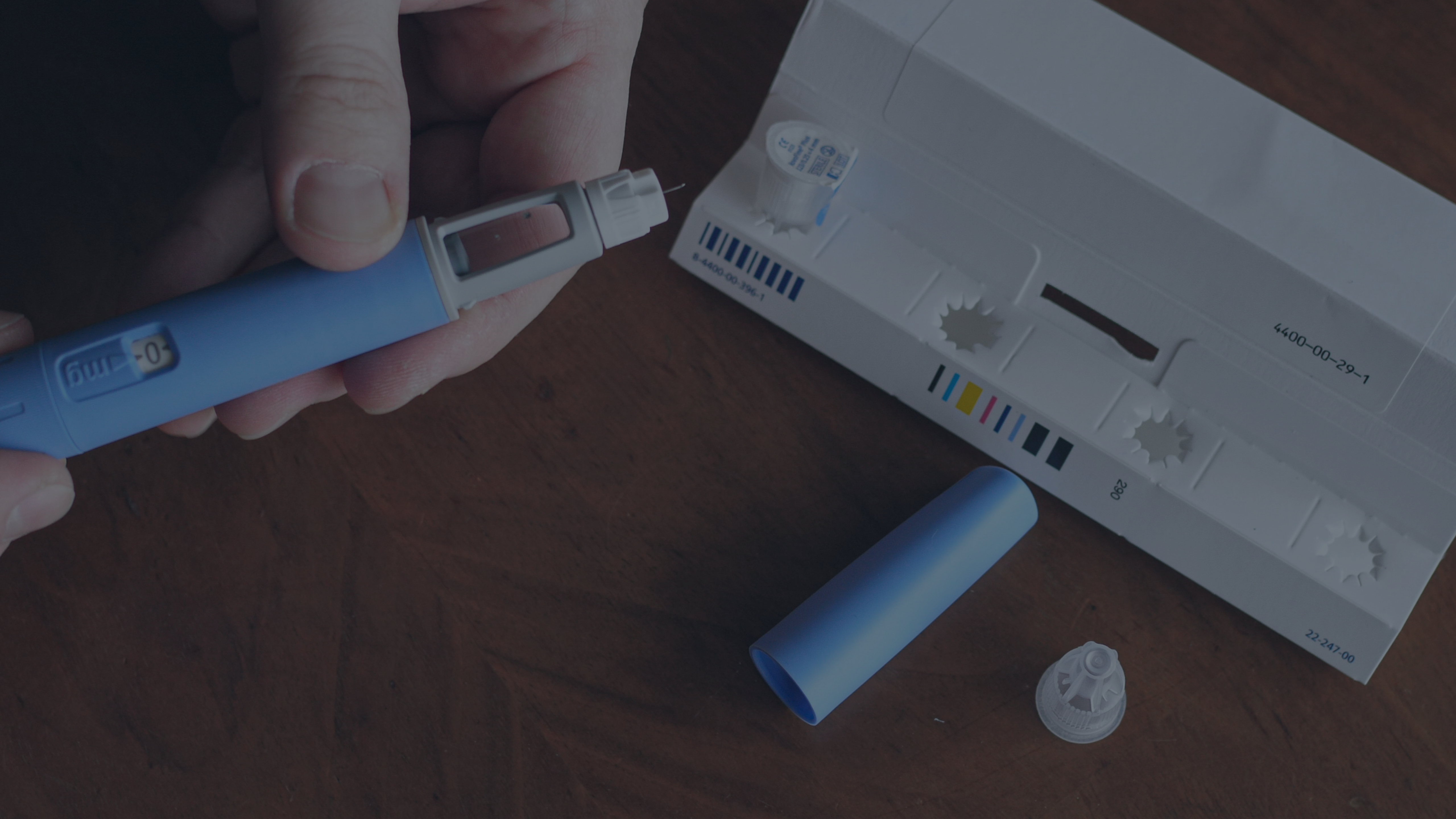Bringing Healing to An Ailing System – The Age of Globalized Healthcare
The Dawn of A New Era
When considering the topic of contemporary healthcare, there exists an optimistic assumption that a globalized world gives rise to worldwide resources. Our growing interdependence paints a vibrant picture of availability and participation on an enormous scale. Yet when it comes to international trade, global healthcare still has many obstacles to overcome.
The importance of policy and regulation in this space should certainly not be underestimated. But for healthcare providers seeking to further the global capital and participation agenda, these elements can be a massive challenge.
Clinical trials, for example, require a substantial amount of operational, logistical, and regulatory work. Medical equipment manufacturers and vendors contend with many of the same challenges, and overall, the global healthcare sector continues to face significant hurdles when bringing medical innovation and research opportunities to markets.
This can pose distinct problems for stakeholders such as Contract Research Organizations (CRO’s), sponsors, and principal researchers. Ultimately compliance and facilitation have become central in effectively conducting research in foreign destinations and ensuring all hurdles and demands are met in the new era of global health research. Accordingly, collaboration and execution with reliable contributors and service providers have become more significant than ever before.
So, what ailments are faced by medical researchers?
Clinical trial and global health collaborations experience the typical challenges of international trade compounded with the struggles of medical regulations and societal constraints. These challenges include:
- Regulatory hurdles – Arduous import regulations can make international trials an expensive, complicated, and time-consuming process. These may vary in difficulty from country to country but almost always prove challenging for stakeholders.
- Logistical concerns – Physically moving and receiving medical equipment and supplies across borders and geographical spaces is exceptionally complicated. Often specific storage conditions are essential to ensure shipment quality. Logistics for investigational products, ancillary medical equipment, Lab Kits, eDiaries, tablets, smartphones, ECG machines and electrodes, and Patient Recruitment Materials (PRM) are highly specialized and require reliable collaborators.
- Financial demands – The extensive costs associated with medical research, such as insurance, duties, and taxes, and potential penalties will fall to the sponsor or CRO to manage. While costs are unavoidable, mistakes in the administration and operational processes can make projects even more expensive.
- Poor training – Poor intrinsic knowledge in origin and destination countries can lead to insufficient compliance and paperwork causing time delays and unforeseen costs. In the medical sector, this can have disastrous results for cold chain storage or time-sensitive research.
- Institutional risks – Many trials list their research sites as the Importer of Record (IOR). These are often institutions such as churches, schools, and hospitals, none of which possess the expertise crucial for success. The IOR is the entity responsible for ensuring the imported goods comply with local laws and regulations. They also file complete duty entries, associated documents and pay all associated duties and taxes. Being indicated as the IOR puts all the legal, financial, and audit risk squarely on the shoulders of these research sites, which is often not an undertaking they are aware of or prepared for.
- Societal factors – Contemporary technologies can foster the diffusion of disinformation and misinformation of trial data at a much faster rate than ever before. Speed is and efficiency in medical research essential to keep the public correctly informed.
A Curative Treatments for The Ailing Sector
With the emergence of Covid-19, the need for expert assistance providing IOR to CROs and Sponsors conducting medical trials internationally is clearer than ever. Here are a few of the fundamentals identified for a smooth clinical trial:
- Compliance specialists – Experts informed of the steep regulatory and compliance requirements for medical trials are fundamental to smooth shipments.Due to the massive variations in requirements worldwide, finding a specialist who can help across lanes is indispensable in new era medical endeavors.
- Logistics professionals – Reliable collaborators, can help ensure your trial runs according to plan, safeguard your supplies, and ensure a fast, affordable, and dependable logistics partnership.
- IOR Services – Professional and experienced IOR service providers help participants in the medical sector mitigate all the risks and streamline processes associated with import in the medical industry. A professional IOR can import goods under their name and take on the legal, financial, and audit risks on your behalf.
- Dedicated, highly trained experts – Specialized services have specialized skills which can help to alleviate unforeseen problems, delays, and costs. Opting for experienced service providers with industry credentials can help to ensure the best possible outcomes.
TecEx Medical fills this gap in the chain, providing all of the above and more. At TecEx, we offer you a professional solution for shipping clinical trial supplies to more than 100 countries worldwide. We collaborate with medical sector stakeholders, covering details from sourcing documents and pre-compliance to final delivery. Our service includes full brokerage, acting as an independent IOR, customs clearance, and paying duties and taxes.
In an industry where expert knowledge is so highly valued, take advantage of our specialist knowledge and skills to streamline your clinical trial. Ultimately, there is hope for the future of global capital thanks to continued research and innovation in the globalized healthcare space.





